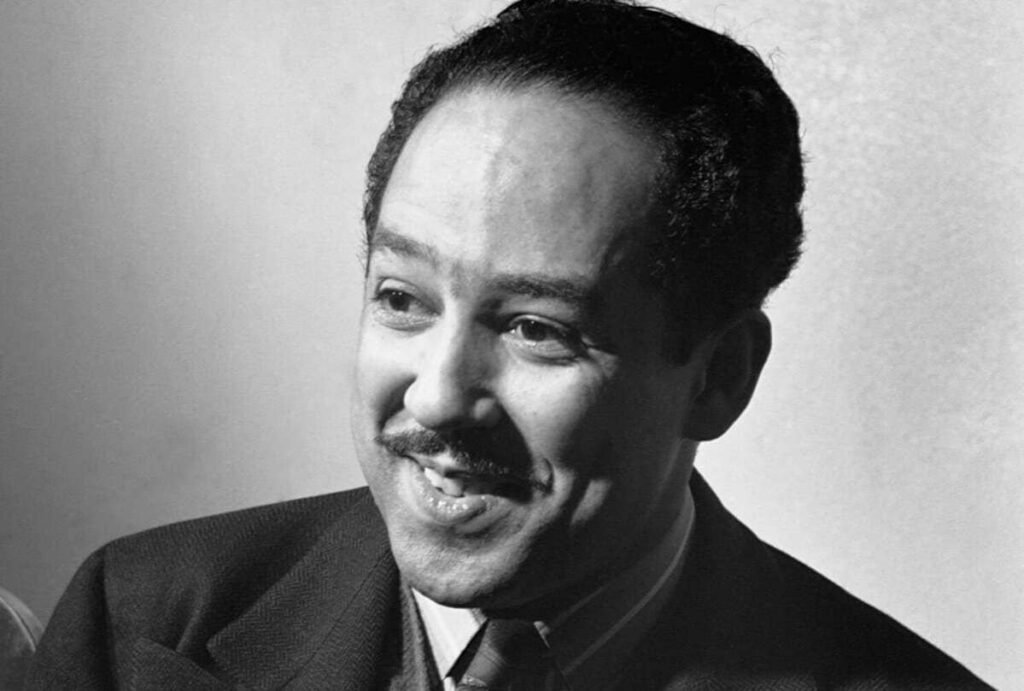Langston Hughes: A Voice for the Voiceless
Langston Hughes was an American poet, novelist, and playwright who was a central figure in the Harlem Renaissance of the 1920s and 1930s. Born in 1902, Hughes was a powerful voice for the voiceless, using his writing to explore the experiences of African Americans and to challenge racism and inequality.

Early Life and Education
Hughes was born in Joplin, Missouri, and grew up in a series of foster homes in the Midwest. His parents, James Nathaniel Hughes and Carrie Langston Hughes, were both descendants of slaves and had a strong influence on Hughes’s writing. His father, who was a skilled carpenter, encouraged Hughes to read and write from an early age.
Hughes began writing poetry as a teenager, and was heavily influenced by the works of Walt Whitman and Paul Laurence Dunbar. He attended Central High School in Cleveland, Ohio, where he was actively involved in the school’s literary magazine.
Hughes attended Columbia University in New York City, where he became involved in the city’s vibrant arts scene. He was particularly drawn to the Harlem Renaissance, a cultural movement that celebrated African American art, literature, and music.
Literary Career
Hughes’s first book of poetry, “The Weary Blues,” was published in 1926 and was a critical success. The book’s title poem, “The Weary Blues,” is a powerful exploration of the African American experience and is widely regarded as one of Hughes’s masterpieces.
Throughout his career, Hughes wrote over 60 books, including novels, plays, and essays. His writing often explored themes of racism, identity, and social justice, and he was praised for his ability to capture the rhythms and cadences of African American speech and music.
Hughes’s poetry was characterized by its simplicity, clarity, and emotional power. He was able to convey complex ideas and emotions through simple, direct language, making his poetry accessible to a wide audience.
In addition to his poetry, Hughes was also a prolific novelist and playwright. His novel “Not Without Laughter” won the Harmon Gold Medal for Literature in 1931, and his play “Mulatto” was produced on Broadway in 1935.
Impact and Legacy
Hughes’s writing had a profound impact on the literary world and beyond. He was a key figure in the Harlem Renaissance, and his work helped to pave the way for future generations of African American writers.
Today, Hughes’s legacy is celebrated around the world. His poetry and novels continue to be widely read and studied, and his impact on American literature is undeniable. Hughes’s writing has been translated into numerous languages, and his work has been recognized with numerous awards and honors.
Hughes’s legacy extends beyond the literary world. He was a vocal advocate for civil rights and social justice, and his writing often addressed issues of racism and inequality. Hughes’s work has inspired countless individuals to become involved in activism and advocacy, and his legacy continues to inspire and motivate people around the world.
Personal Life
Hughes was known for his generosity and kindness, and was beloved by his friends and colleagues. He was a frequent visitor to African American communities, where he would read his poetry and engage in lively discussions about politics, art, and culture.
Hughes was also known for his love of travel, and spent much of his life traveling throughout the United States, Europe, and Africa. He was fascinated by different cultures and ways of life, and his travels often inspired his writing.
Later Life and Death
Hughes died on May 22, 1967, at the age of 64. He had been suffering from prostate cancer and had undergone several surgeries in the years leading up to his death.
Despite his passing, Hughes’s legacy continues to grow and evolve. His writing remains widely popular, and his impact on American literature and culture is undeniable. Hughes’s legacy is a testament to the power of art to challenge, inspire, and transform society.